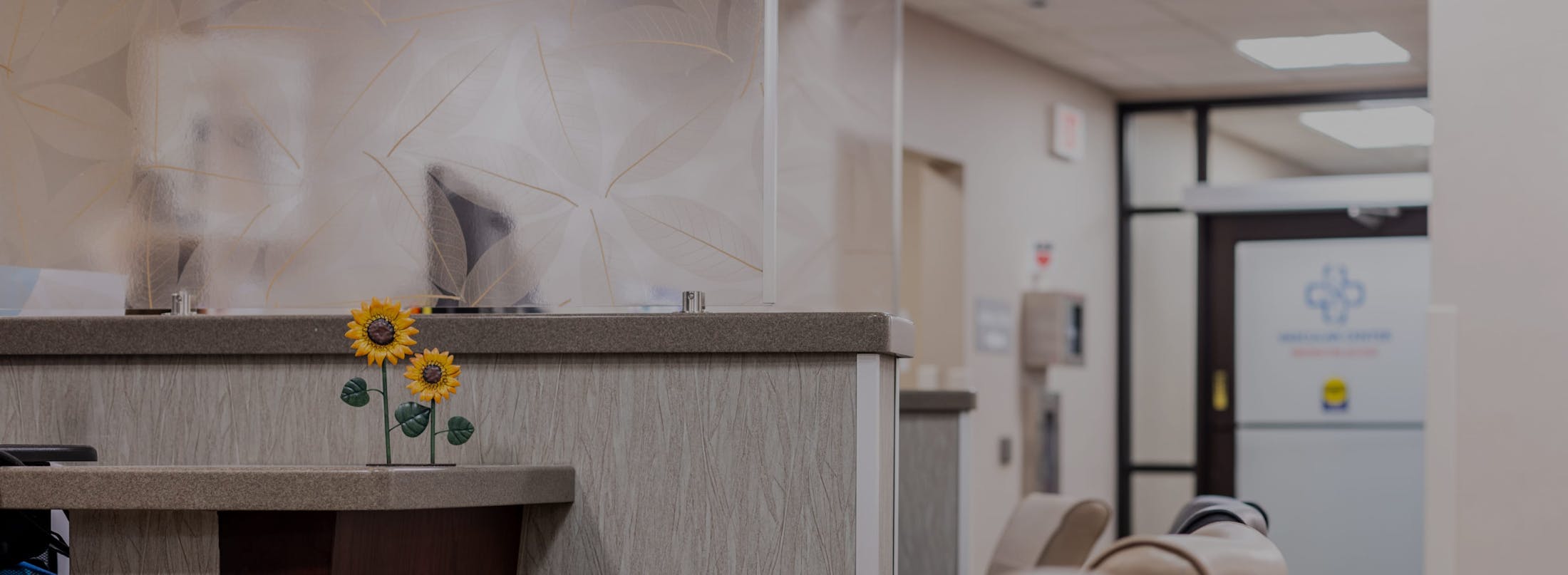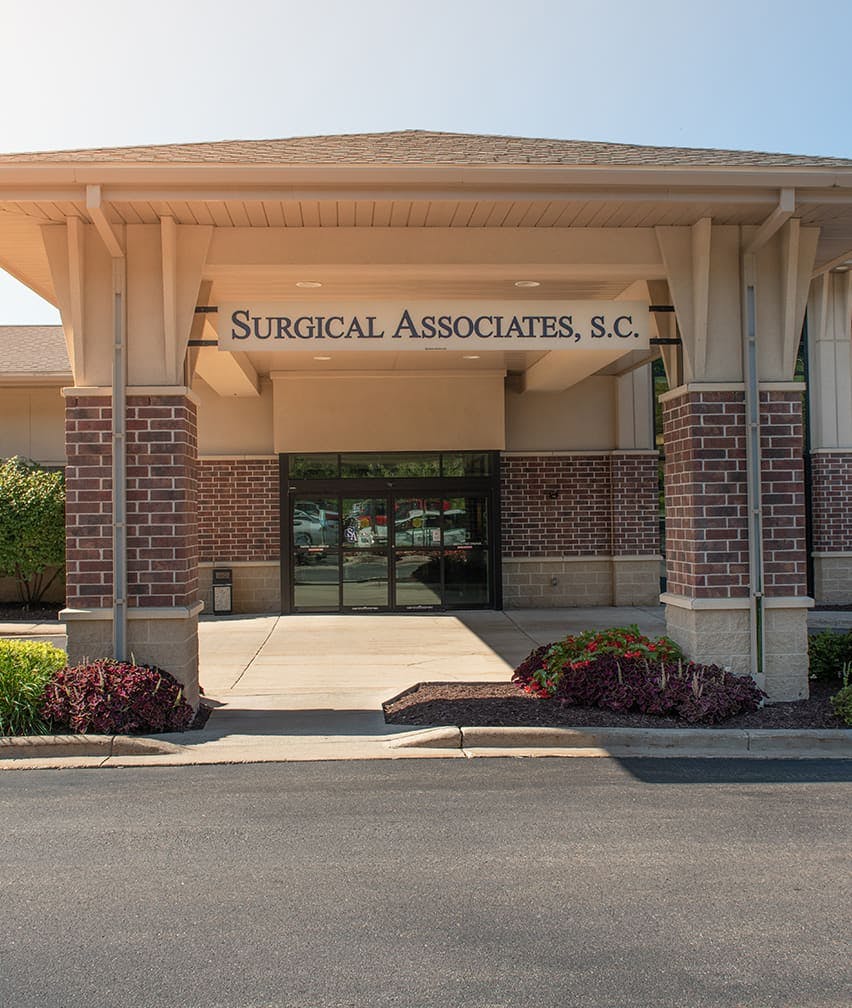At Surgical Associates, we specialize in pancreatic and liver surgery in Wausau, providing advanced treatment options for a range of conditions affecting these vital organs. We are dedicated to delivering high-quality care, employing the latest techniques and technologies in these complex procedures.
Who is a candidate for pancreatic or liver surgery?
Pancreatic and liver surgeries are often required to treat various conditions, including cancer, cysts, benign tumors, and other diseases affecting the pancreas and liver. These surgeries are intricate due to the complexity of the organs involved and their critical functions in the body.








